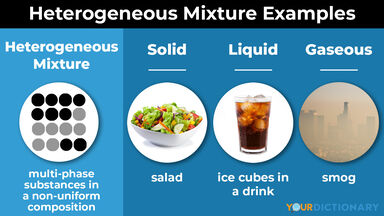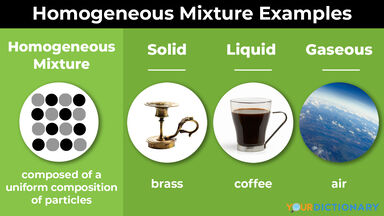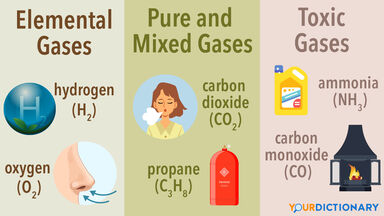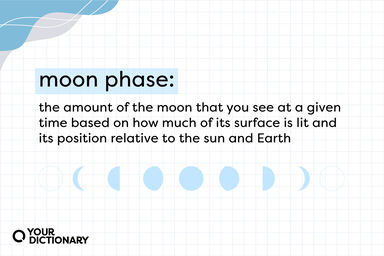When a variable quantity is at a minimum a slight change in the system does not affect its value, and therefore, when a solution is saturated, the increase in the available energy of the liquid phase produced by dissolving in it some of the solid must be equal to the decrease in the available energy of the solid phase, caused by the abstraction from the bulk of that part dissolved.
It is usual to call each part of the system of uniform composition throughout a phase; in the example given, water substance, the only component is present in two phases - a liquid phase and a vapour phase, and when the potentials of the component are the same in each phase equilibrium exists.
At the cryohydric point 0 we have four phases in equilibrium at a definite pressure, temperature and composition of the liquid phase.
This process continues till the composition of the liquid phase reaches that of the eutectic, when the whole mass solidifies on the further loss of heat without change of temperature, giving a very definite freezing point.
In all the cases hitherto considered, the liquid phase alone has been capable of continuous variation in composition.





